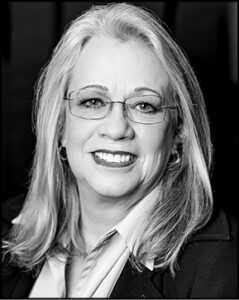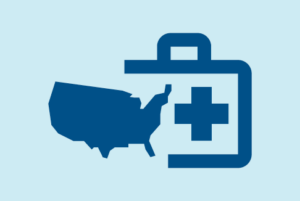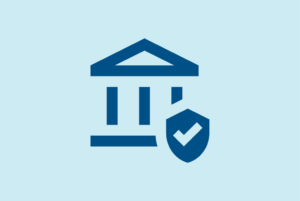The California State Board of Pharmacy is aware there may be misinformation and misunderstanding among licensees about the e-prescribing requirements that took effect on Jan. 1.
Assembly Bill (AB) 2789 (Wood, 2018), which was codified in Business and Professions Code (BPC) section 688, requires health care practitioners authorized to issue prescriptions to have the capability to transmit electronic data transmission prescriptions and requires pharmacies to have the capability to receive those transmissions. Pharmacies that do not have the capability to receive electronic data transmission prescriptions on behalf of a patient may be in violation of pharmacy law, provided the electronic data transmission prescription complies with legal requirements, including Parts 1300, 1304, 1306, and 1311 of Title 21 or the Code of Federal Regulations, as amended from time to time, if the electronic data transmission prescription is for a controlled substance, as defined by Section 4021.
However, there are exceptions in BPC section 688(e) for when prescribers do not have to transmit a prescription electronically. On Jan. 7, the Board of Pharmacy issued a Statement Regarding Dispensing Prescriptions Not Transmitted Electronically reminding pharmacists and pharmacies that BPC section 688(i) does not require them to verify that a prescription not received as an e-prescription qualifies for an exemption under this statute and may fill a legally valid written, oral, or faxed prescription if the only issue is that the prescription was not received electronically. The board also cautioned that a pharmacist should consider the impact on the patient and continuity of care when deciding whether to fill a legally valid written, oral, or faxed prescription if the only issue is that it was not received electronically.
More information:
- Drug Enforcement Administration’s Electronic Prescriptions for Controlled Substances procedures
- California State Board of Pharmacy’s Electronic Data Transmission Prescriptions (E-Prescriptions) FAQs
- Board of Pharmacy’s September Script


